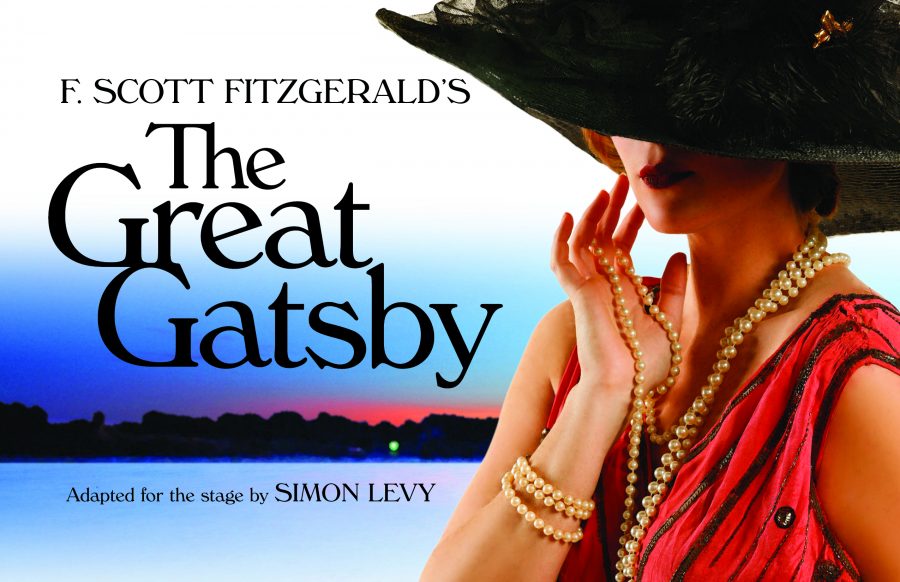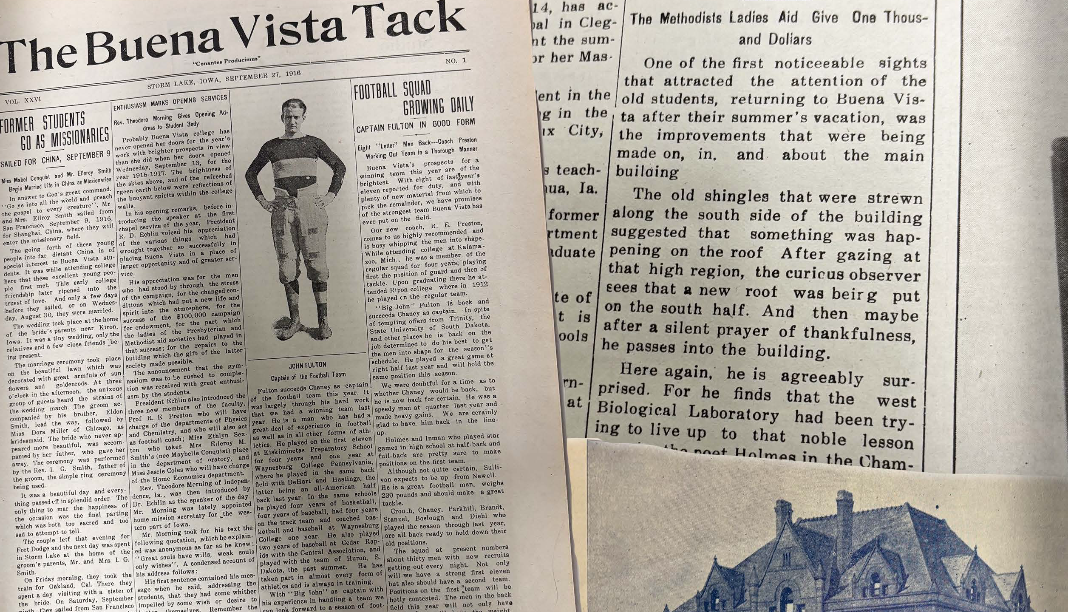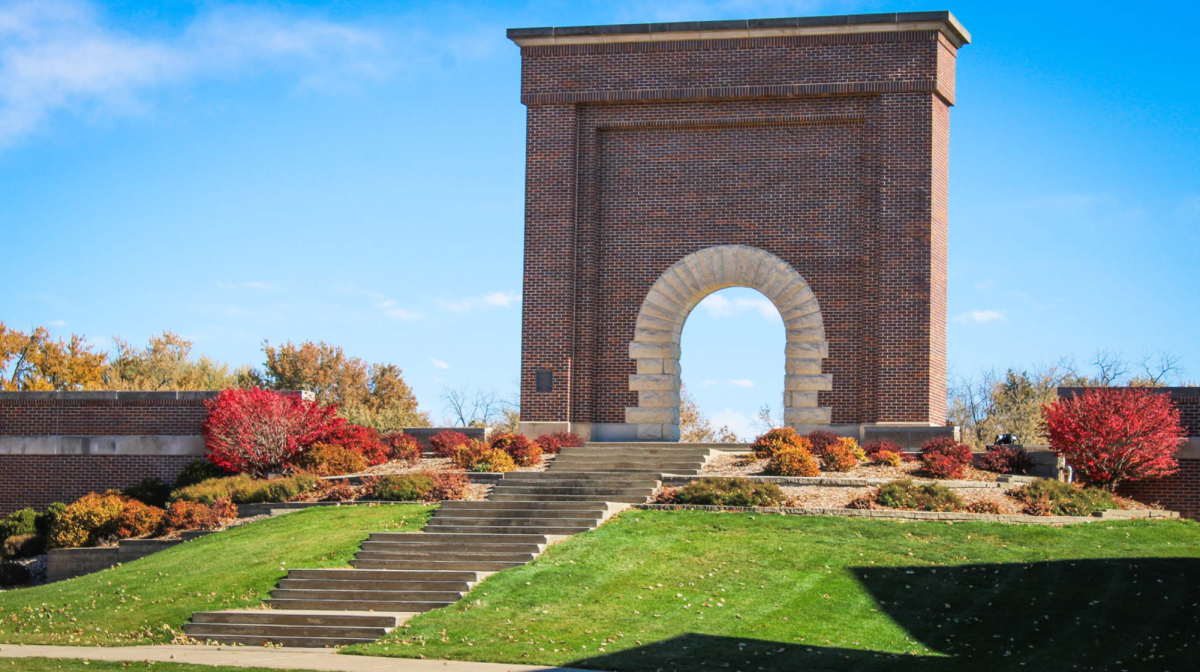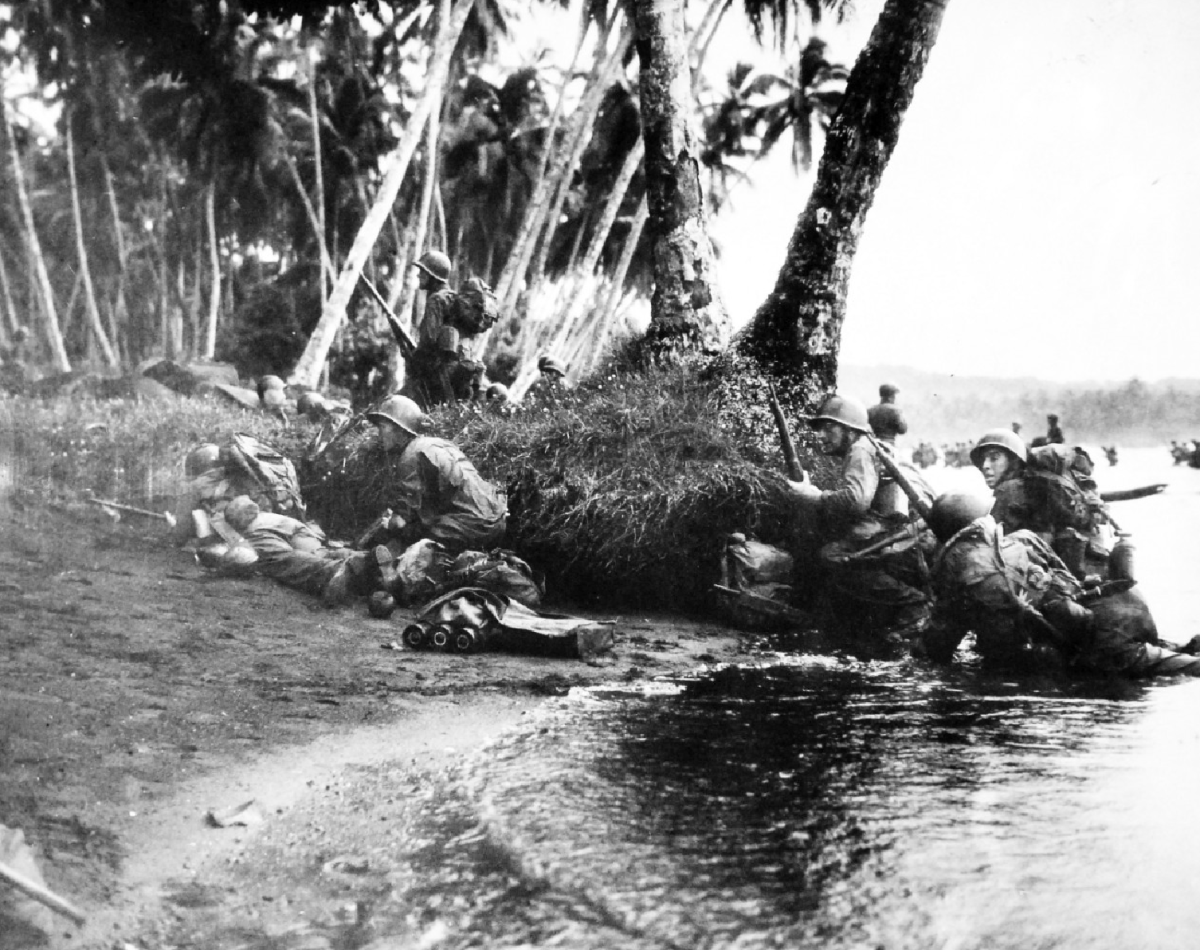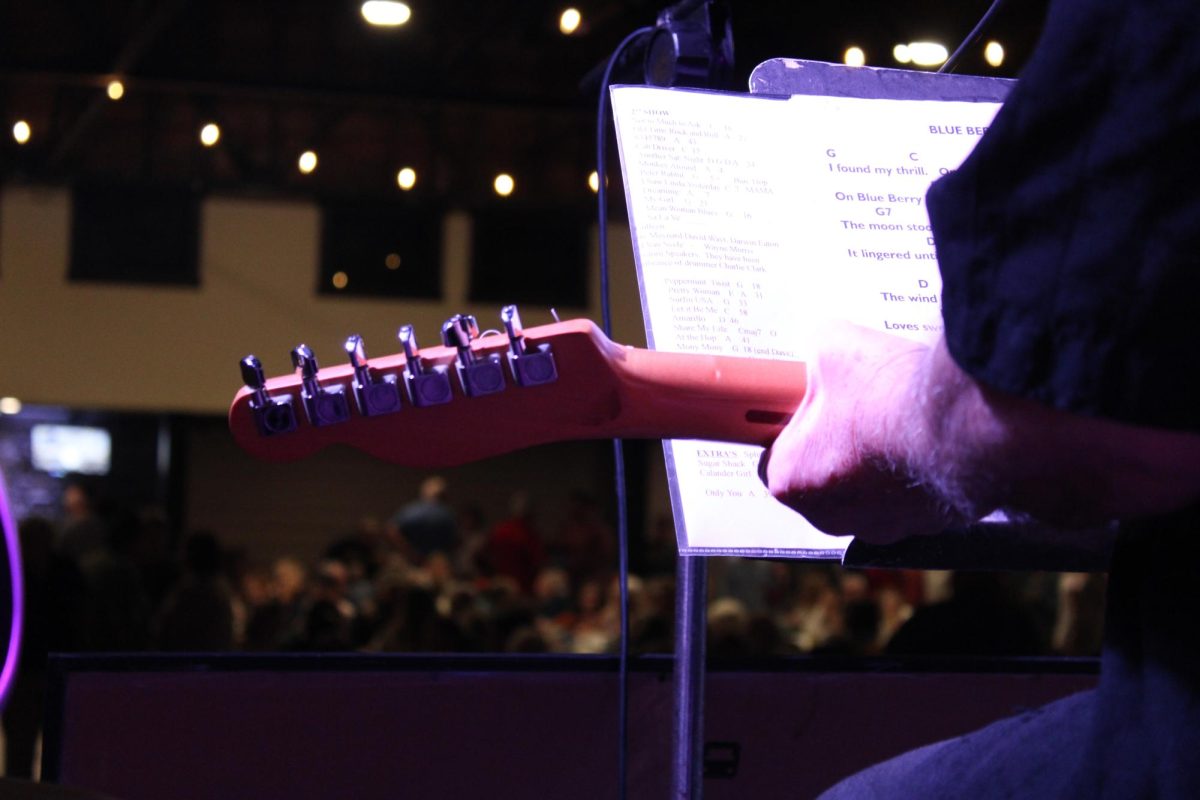Stephanie Steiner | Arts & Life Co-Editor
I was within and without. Simultaneously enchanted and repelled by the inexhaustible variety of life.
As the stage lights dimmed, glass windows with a flickering green light and humming jazz music took the background of what would soon be transformed to the Roaring Twenties. On Monday, February 16, the Montana Repertory Theatre brought F. Scott Fitzgerald’s “The Great Gatsby” adapted by Simon Levy to the stage as an Academic and Cultural Events Series (ACES) performance.
Through this performance, the audience on Buena Vista University’s (BVU) campus received a glimpse of the 1920s – a time of rowdy east coast living. The play not only highlighted the time period, but it also stayed true to “The Great Gatsby” original by including key quotes and symbolic cues to the broader, “big picture” themes of the literary classic, such as prohibition and social upheaval.
From the flapper-esque costumes to a constant drink in the hand, the lavish living the story depicts can make one jealous. That is until the characters’ narratives unravel. Jay Gatsby is a Long Island millionaire whom everyone knows but no one knows where he came from. Looking at the elaborate parties he throws, it seems he has it all. All except for the one his heart longs for, Daisy. The scenes reveal a much more complicated story, but the rest of the plot is for you to find out.
Sophomore Katie Turnquist has read the book and seen the movie about a hundred times, so she couldn’t help but attend the ACES theatre performance.
“I really liked how they highlighted the main parts that needed to be there. I also liked how close everything was to the time and the movie, like the costumes and the accents. Everything was so accurate,” Turnquist said, “I almost got in my car and went and bought the movie after the play.”
Freshman Cristena Heschke agrees that the cast put on a great performance.
“I enjoyed it because the settings kept my attention and the acting was really enjoyable to watch. Many people who have not seen the movie or read the book could’ve seen how men and women may have acted during this time period through the play,” Heschke said.
It is sometimes stunning to be exposed to themes of a different time such as decadence, idealism, and excess, but it’s essential to know that what has happened in the past will undoubtedly have an effect on the present and the years to come.
So we beat on, boats against the current, borne back ceaselessly into the past.
Photo courtesy of Montana Repertory Theatre



